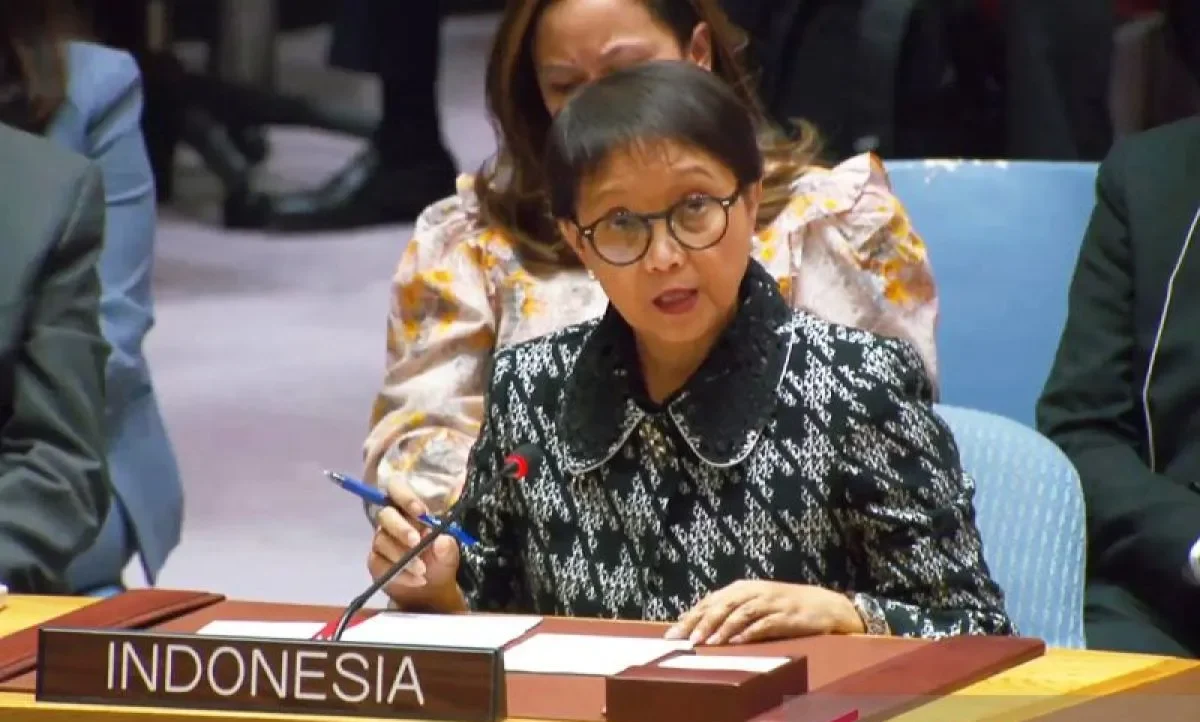WNAM REPORT: Indonesia welcomed the International Court of Justice’s (ICJ’s) advisory opinion on Israeli policies and practices in the occupied Palestinian territory.
“This opinion has addressed the aspiration of Indonesia and the rest of the international community in delivering justice for the Palestinians,” as conveyed by the Foreign Ministry on its social media, Saturday.
The court has fulfilled its role in upholding a rules-based international order by determining, through its ruling on Friday (July 19), that Israel’s presence in the occupied Palestinian territory is unlawful.
Hence, the court has made it clear that all countries and the United Nations (UN) should not recognize the illegal situation resulting from Israel’s unlawful presence, according to Indonesia.
“In line with the court’s view, Indonesia urges Israel to end its unlawful presence in the occupied Palestinian territory immediately,” the ministry stressed.
Indonesia urged Israel to cease its illegal settlement activities and immediately evacuate all Jewish settlers in the occupied Palestinian territory.
Indonesia also called the United Nations (UN) General Assembly and the UN Security Council to meet ICJ requests by considering appropriate means and necessary steps to end Israel’s unlawful presence in Palestine.
“Indonesia invites the international community and the UN to jointly act on the advisory opinion and recognize the existence of the State of Palestine,” as emphasized by the Foreign Ministry.
The ICJ found that Israel’s settlement activities in the occupied Palestinian territory are a violation of international laws and human rights norms.
According to the verdict read by ICJ President Nawaf Salam, Israel’s action constituted a “de facto” annexation of Palestinian territory, which denied the Palestinian people their rights to self-determination.
The court, based in The Hague, held hearings on February 19-26, 2024, on the legal consequences of the Israeli occupation of the Palestinian territory, including East Jerusalem.
During the hearings, representatives from more than 50 countries, as well as from the Arab League, the Organisation of Islamic Cooperation (OIC), and the African Union, delivered statements.


